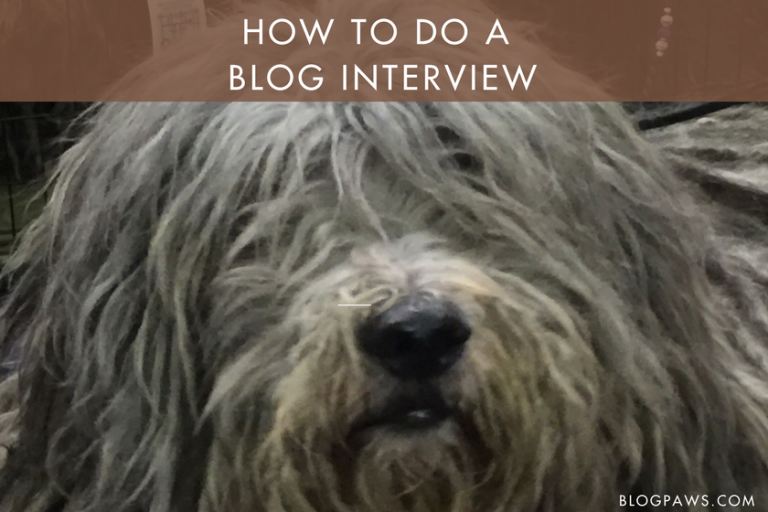Pets and Plants – Keeping Your Pet Safe from Plant Allergies and Poisoning
Guest Post by Patricia Hall
There are certain types of house and yard plants that are used to decorate the premises. However, many can cause serious allergies or even the deaths of pets. These allergies can often be mistaken for other maladies, and are quite difficult to diagnosis. It is not unusual, however, to begin noticing the symptoms closely after a plant delivery has been made. This is why it is advisable to make sure that potted plants, topiary frames, cut flowers and other plant delivery items are types that do not tend to induce pet allergies.
After a plant delivery, if one notices that his or her pet begins to bite and scratch its own body, or shows signs of irritated and red ears that are hot to the touch, frequently and violently shakes its head, rubs its face with its paws or engages in severe biting or scratching of the groin, flank, armpit or paw regions, chances are, the animal has a pet allergy. If one suspects that plants are the case, it is advisable to take the pet to the veterinarian immediately.
Skin allergy tests can be conducted at the vet clinic to determine whether or not the plant allergy exists. Knowing what the specific plant is, is a great help to make this determination, because it usually takes a process of elimination to tell which plant has caused the problem. If someone has had a recent plant delivery, however, or if a dog has nibbled on topiary frames or other plant, that the owner is aware of, this information should be provided to the veterinarian right away.
The following is a partial list of plants can cause allergies in pets:
- Arcacia • Arnica
- Alstromeria
- Asparagus
- Cashew Nut
- Blackwood
- Chamommile
- Celery
- Chrysanthemum
- Lemon
- Lettuce
- Tulips
- Silky Oak
- Hogweed
- Greilla
- Ginkgo Biloba
- Lavender
- Lichens
- Leeks
- Manuka
- Mango
- Kiwifruit
- Ongaonga
- Narcissus
- Mint
- Marigold
- Parsley
- Onion
- Peruvian Lilly
- Rhus Tree
- Radiata Pine
- Tree Nettle
- Western Red Cedar
Plants that are toxic to animals vary, according to the type of animal and the type of plant. For example, the Adam-and-Eve plant is toxic to horses, dogs and cats. It causes vomiting, drooling, difficulty swallowing and can be fatal. However, the Andromeda Japonica is toxic to dogs and cats, but not to horses. When ingested by felines and dogs, it can be fatal. Symptoms include fatigue, depression, low blood pressure, cardiovascular collapse and death, only if a few leaves are consumed.
Using a florist or plant delivery service that is well-versed on the types of plants that can be harmful to animals is the best bet for any pet owner who plans to do home decorating with plants. Calling representatives from these services into one's home for a consultation, along with careful planning, can help keep pets safe from the harmful effects that plants can have.
Patricia Hall works part-time for a florist but loves to surround herself with flowers at any given point of time. Even in her free time she loves to involve herself with everything related to flora and fauna.

